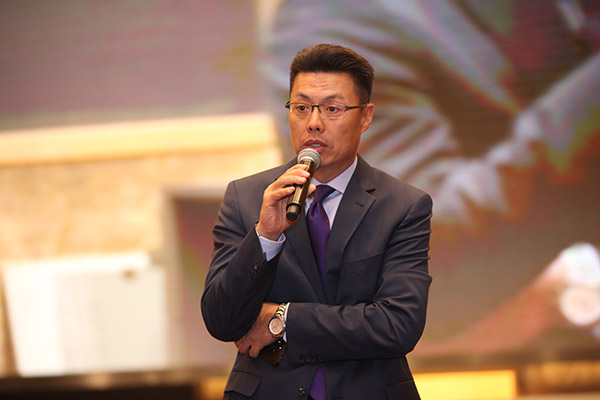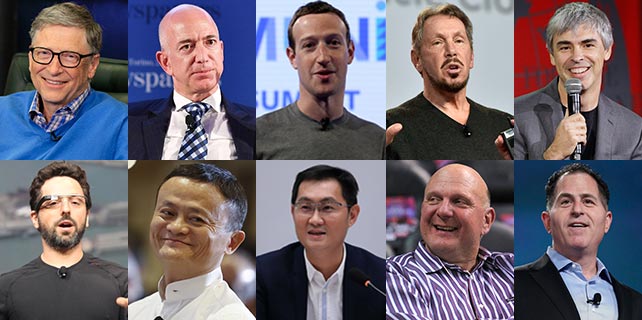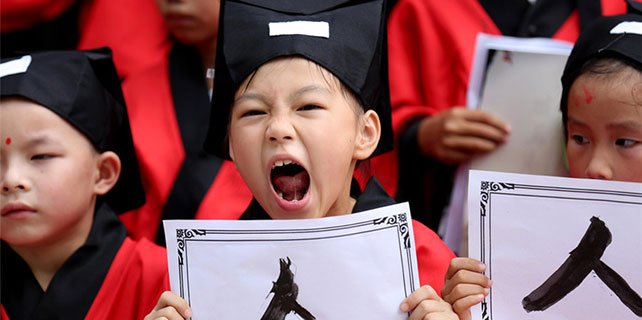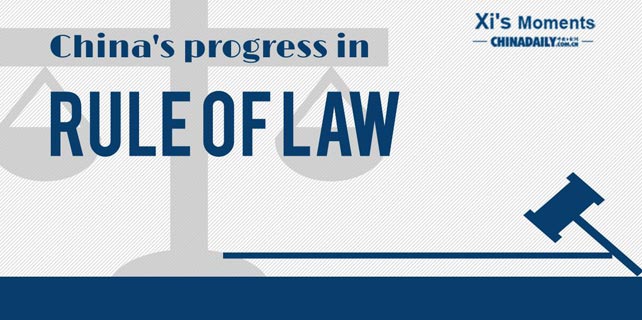Powering ahead against odds
 |
|
Garvin Liu, Asia president of Westinghouse. [Photo provided to China Daily] |
Garvin Liu leads Westinghouse's efforts to sustain AP1000, a key nuclear technology, in China
Anxiety erupted in China earlier this year after two South Carolina utilities announced they will abandon two unfinished nuclear reactor projects in the US state.
They had selected the AP1000 reactor design of Westinghouse Electric Company LLC, a nuclear power products and services company in the US majority-owned by Japan's Toshiba.
Westinghouse filed for Chapter 11 bankruptcy protection in March after a $9-billion loss, mainly from the two South Carolina projects, savaged its financials.
There were concerns in China because the same AP1000 reactor technology was being used in the under-construction nuclear power projects in Sanmen, Zhejiang province, and Haiyang, Shandong province.
Garvin Liu, Asia president of Westinghouse, admitted the US episodes were a major blow to the future of the nuclear power industry. But he hastened to add they wouldn't have any impact on the ongoing projects in China.
"The progress of the two units in Sanmen and Haiyang sites is quite smooth currently and the hot functional test of the projects has been completed with high quality and zero accident," said Liu during an interview in Beijing in August.
Full of poise and elegance in his pressed suit, Liu presents a picture of confidence in the face of odds. He appears to love the challenge of taking full responsibility for the successful and timely delivery of the AP1000 projects in China.
That level of determination may have its genesis in China's top two universities. He is a thermal engineering graduate from Tsinghua University, and went on to receive his MBA from Peking University.
According to Liu, comprehensive nuclear safety checks were completed in July at the AP1000 reactor at unit 1 of the Sanmen plant, which is incidentally the world's first AP1000 reactor.
"We are happy to see Sanmen and Haiyang are into fuel loading stage," he said. Sanmen was slated to load fuel this month, he said.
State Nuclear Power Technology Corp signed a framework agreement with Westinghouse in 2007 to build four 1,150-megawatt AP1000 reactors in China, a first for the country in terms of the reactor design. Construction started at Sanmen and Haiyang in 2009.
More than 13 years of working experience in Westinghouse have helped Liu to build relationships with customers in China to secure the contracts. Now, his focus is on ensuring smooth transfer of design technology before fuel loading.
State Nuclear Power Technology Corp will take full responsibility for the reactors. To be sure, Westinghouse will continue to offer support services as per project needs. So, Liu's role will remain critical in China's power industry.
Westinghouse in China will make joint efforts to ensure safe and high-quality delivery of the world's first AP1000 reactor, he said.
He is responsible for developing and executing Westinghouse's business strategy, delivering customer projects and interfacing with customers, partners, suppliers and principal shareholders in the Asian market.
"The Chinese nuclear power market plays a predominant role in the global market; and Westinghouse attaches great importance to the development of this market, and is willing to establish long-term cooperative relations with the partners in China," Liu said.
The National Development and Reform Commission had said nuclear power capacity in the country is expected to reach 58 gW by the end of the decade.
According to BMI Research, which provides macroeconomic, industry and financial market analysis, nuclear power capacity in China increased by 8 gW last year, boosting the installed capacity to around 34 gW.
Liu said the industry had seen considerable development over the past 10 years. That came in spite of the Fukushima incident, which made the world rethink nuclear power development policies.
"We are glad to see the bold and wise decisions of the Chinese government shortly after the Fukushima accident and its reiteration of its commitment to nuclear development."
According to Liu, Westinghouse has successfully carried out and completed the transfer of the AP1000 technology over the past 10 years.
"Our Chinese partners are understanding and adopting the technology, and have even successfully developed the CAP1400 nuclear power technology with indSependent property rights based on this technology," he said.
He said Westinghouse is optimistic the Chinese nuclear power market will develop rapidly.









